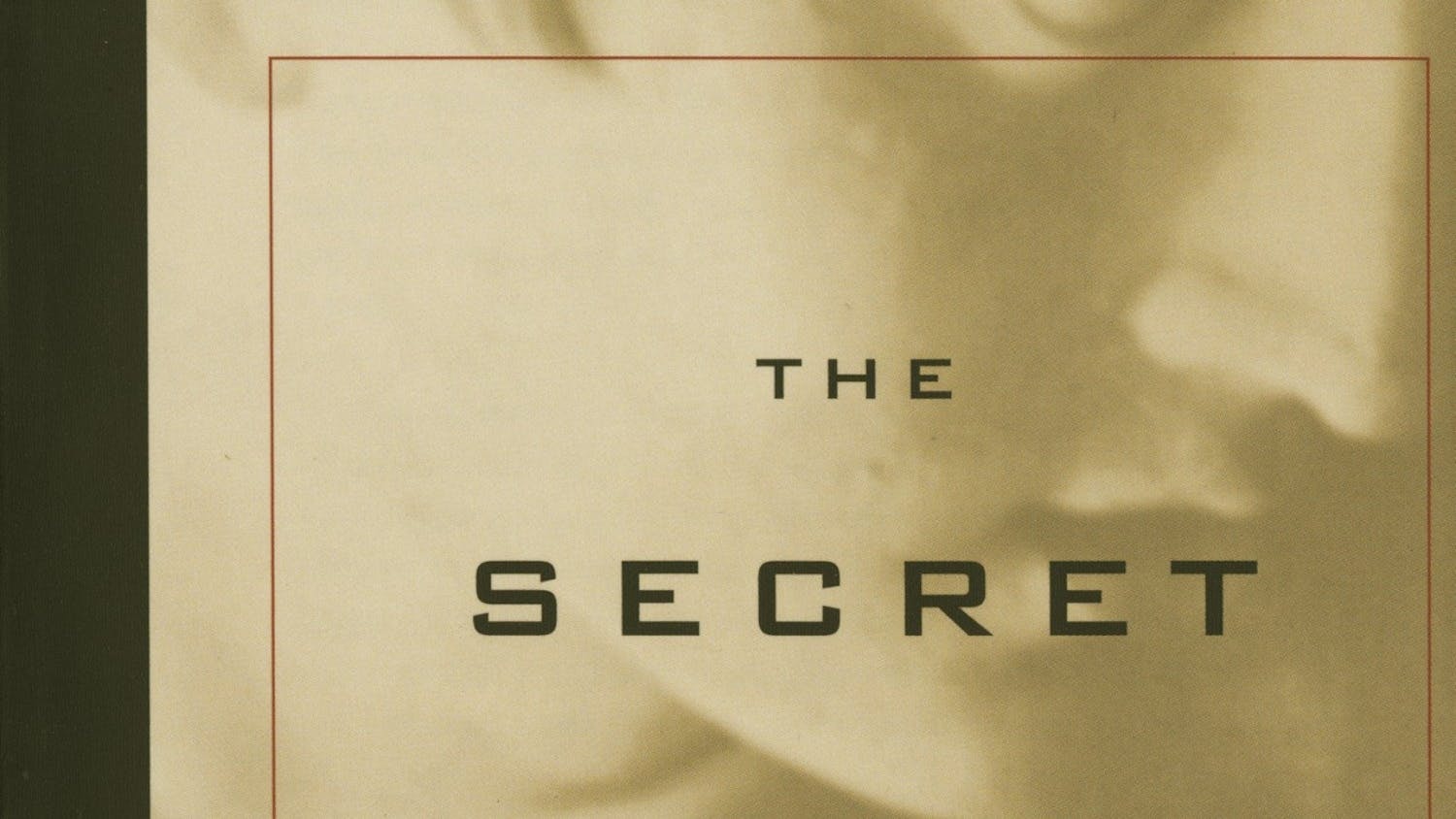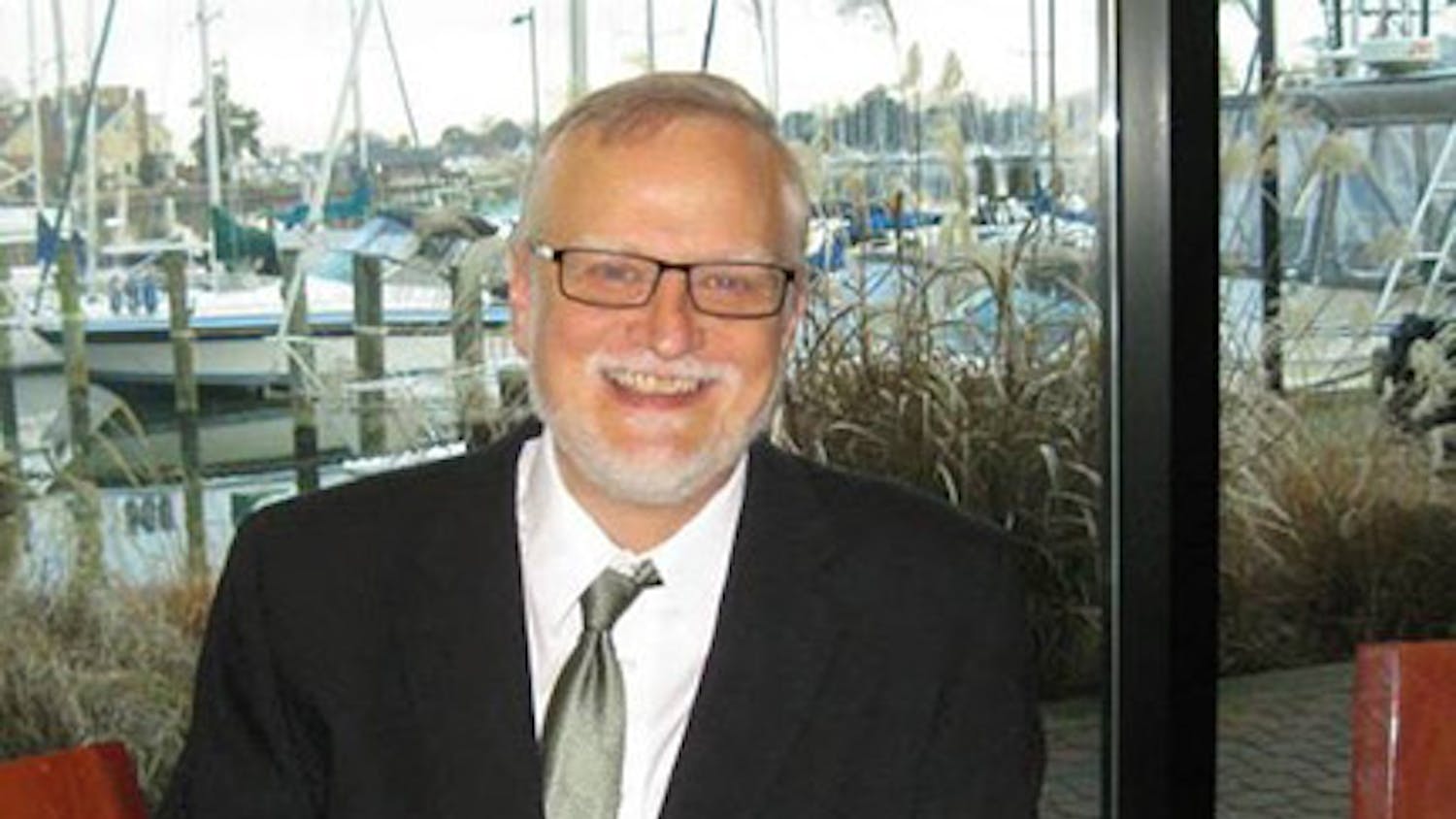Some Ohio University professors and faculty know about ChatGPT, created by OpenAI, and how students can use it to complete assignments.
ChatGPT is a software that uses machine learning to process data sets of language and find patterns, Paul Shovlin, the director of composition and an assistant professor of instruction in the English department, said.
Students can use ChatGPT to plug in assignment prompts and have the software write essays, answer problems and more. After giving ChatGPT a prompt, students can feed it more questions and add details to get a desired response. ChatGPT is able to provide answers within seconds, reducing work time immensely.
"I have a balanced perspective on it. A lot of my colleagues are very scared," Shovlin said. "I think a lot of these fears are just amplified as a result of them not being aware of how AI has influenced our writing for the last five, 10, 20 years."
Educators are concerned that this will affect academic integrity and how students complete their assignments, Shovlin said. However, he said it comes down to what individual professors' definitions of plagiarism are.
Grammarly, which is another form of artificial intelligence, has been used in classroom settings for years, Shovlin said.
Students also often have peer critiques and receive feedback that enhances their work. Altering one's writing based on peer and Grammarly feedback isn't considered plagiarism, so instructors have to determine where to draw the line, Shovlin said.
Nicole Antoinette Smith, an assistant professor of instruction in the College of Business in the analytics and information systems department, said she believes that using ChatGPT verbatim is plagiarism.
"From an ethics perspective, I think that if you copy and paste the results from ChatGPT, that's plagiarism," Smith said.
An important thing to remember about ChatGPT is that it is not 100% accurate, which means applying logic is necessary, Smith said.
Smith said she plans to incorporate ChatGPT in her classes to see how her students can apply their own knowledge to get better results than what the AI comes up with.
"(Adapting to AI is) just like when COVID-19 hit, we were all in person and had to switch over. If you fight it, it's going to be harder," Smith said. "This is one of those things that it's here. Understand what it can and cannot do and if you can or cannot apply to your classroom."
Shovlin said he isn't interested in catching students using ChatGPT but does advise them that they need to be aware of how it limits or expands their ability to get what they want out of life.
"I'm not some kind of plagiarism policeman," Shovlin said. "I believe that it's important for me to make it clear to my students why it's in their best interest to do the activities as planned and designed to fit the learning outcomes they're paying for."
ChatGPT cannot take what a student has learned and discussed with others and turn it into a natural, thought-out piece, Shovlin said.
Shovlin and Smith agree that AI isn't going away, so learning and adapting is the right thing to do.
Josh Antonuccio, the director of the school of Media Arts and Studies and an associate professor in music production and recording industry, said he has been following artificial intelligence since the 2010s but that he didn't expect AI to appear so soon at the consumer level.
"AI is going to significantly disrupt everything that we do and will completely change the way that we create and develop content, period," Antonuccio said.
By showing and introducing his students to different types of AI, Antonuccio said he is preparing them for how it will affect the music industry, content generation and other creative industry spaces.
In his licensing and publishing course, Antonuccio has been using ChatGPT to show his students how easily the AI generates song lyrics from prompts. Antonuccio entered his assignments for the class into the software as well.
Technology is advancing fast and the expectation is that we learn with it, Antonuccio said.
"There are a lot of things to be concerned about," Antonuccio said. "As there was with the internet. The internet brought great advancements in communication and also brought a lot of horrible things and provided pathways for people to do unspeakably horrible things. I think that's always present with any kind of technology."
Another fear Antonuccio said he has about ChatGPT is that if an individual doesn't take the time to research whether the software's output is correct, the result could spread to more people.
All three professors believe that Blackboard will eventually incorporate a form of AI identification software.
Smith said she has heard someone suggest that AI can replace education, which she disagrees with.
"Technology enhances, but (it doesn't) replace," Smith said.






